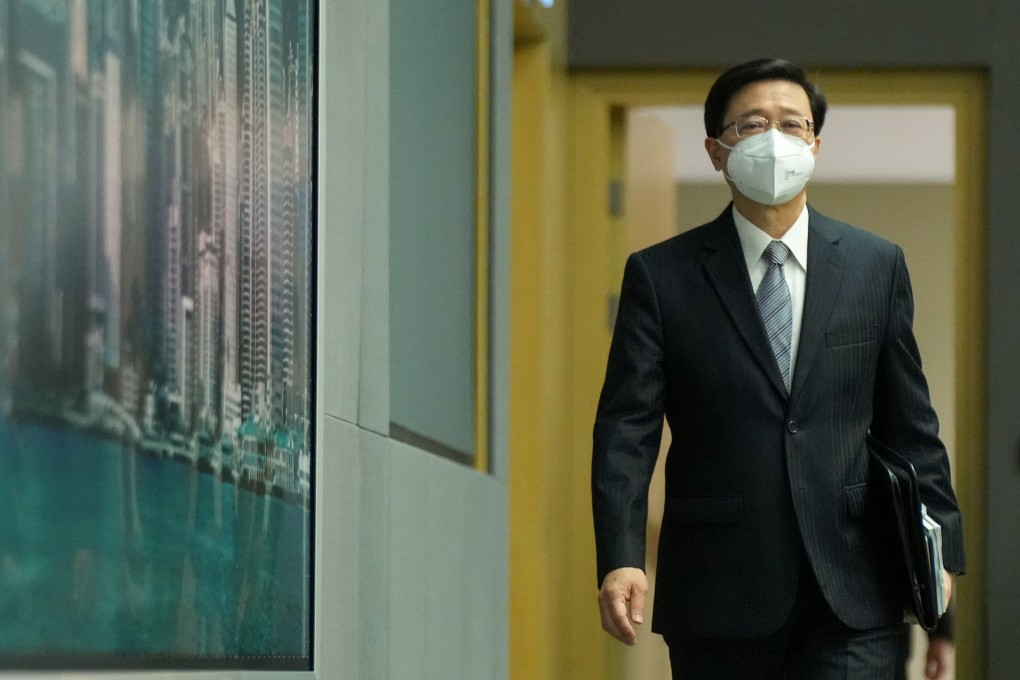Letters | Beijing’s interpretation on foreign lawyers further safeguards national security
- Readers discuss how Hong Kong can never be too cautious in matters of national security, and why the national security law is welcomed

The fact of the matter is that where confidential materials are involved that could potentially be exploited to endanger our national security, we can never be too cautious, not least with overseas lawyers whose conduct outside Hong Kong we have no rules to regulate.
When lawyers act for defendants, strict confidentiality must be observed, and no acts ought to be undertaken thereafter to endanger national security with the confidential evidence obtained in the course of legal proceedings.
The interpretation itself by no means affects our rule of law, contrary to the view of some Western pundits.
In the first place, it is enshrined in Article 47 of the national security law that granting the courts a certificate to certify whether an act involves national security or whether evidence involves state secrets is within the purview of the chief executive.
In a similar vein, under the latest interpretation of the NPC Standing Committee, the chief executive has unambiguous authority to decide whether to allow overseas lawyers to act for defendants on a case-by-case basis, while taking into account the potential risk to national security arising from the judicial proceedings. The crux of the matter is the need to safeguard national security in the course of trial, and it makes sense that this again falls within the purview of the Hong Kong government.